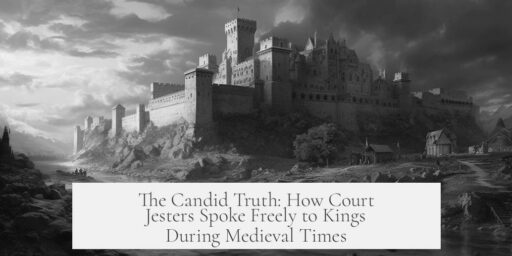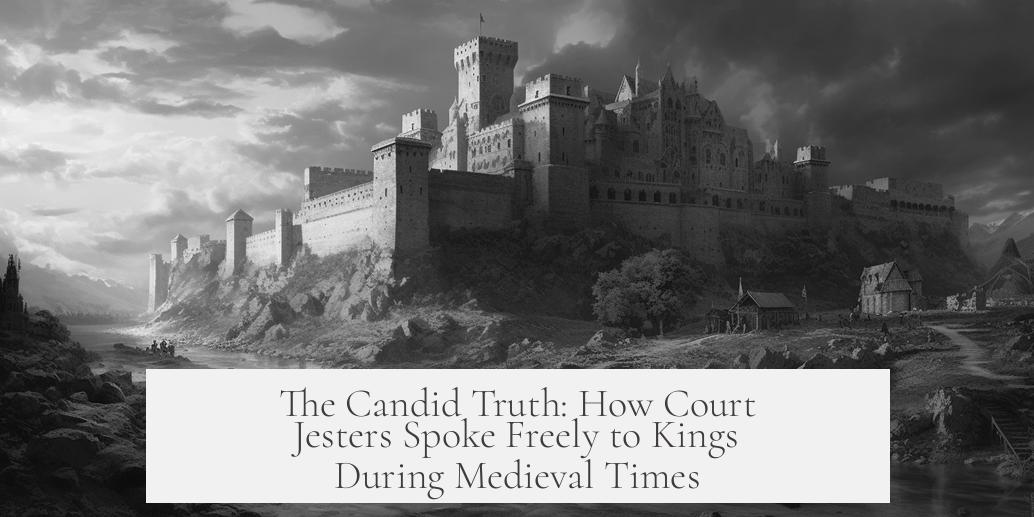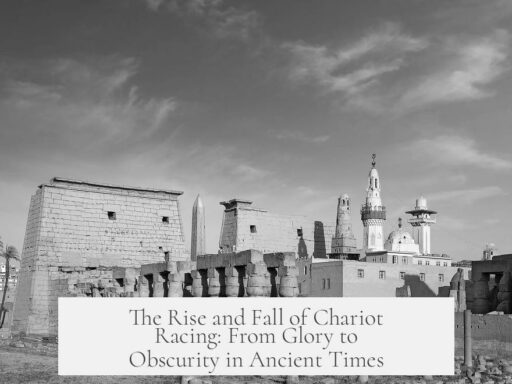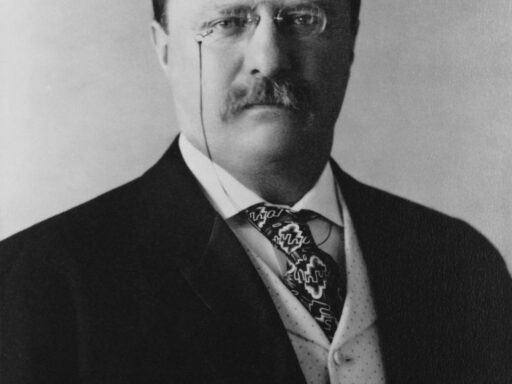During Medieval Times, court jesters held a unique position where they could use humor and satire to speak truths that others dared not express openly to monarchs. However, the idea that jesters often told kings directly what others would be beheaded for lacks firm historical evidence. Instead, jesters functioned as a subtle channel for communicating delicate political realities and social critiques, wrapped carefully in comedic guise.
Jesters were entertainers who adopted the persona of fools or clowns. Their role allowed them to comment on court life and politics in a way others could not. This mask of folly gave them a special, though limited, freedom. Kings often tolerated or even valued this frankness, understanding that jesters voiced difficult truths without threatening the royal dignity.
A prominent example is Stańczyk, the Polish court jester for the last three Jagiellon monarchs during Poland’s golden era. He was not merely a clown; he was a man of intelligence and political insight. Stańczyk employed satire to warn the king and express concerns about Poland’s political situations. His commentary was veiled cleverly in jokes, allowing him to criticize without direct confrontation. One famous depiction shows Stańczyk sorrowing over the loss of Smoleńsk while the court celebrated, symbolizing his role as a bearer of uncomfortable truths dressed as wit.
Similarly, in England, jesters sometimes had the latitude to voice harsh realities. An anecdote from 1340 recounts the jester of France boldly informing the king of a naval defeat using irony. Nonetheless, such incidents were rare and fragile. Shakespeare’s plays, like “Richard II,” illustrate this dynamic, where jesters subtly critique authority but face censorship and danger—Elizabeth I banning the play underscores the precarious nature of such truth-telling.
Will Sommers, the jester of Henry VIII, enjoyed a close relationship with the king and occasionally warned him about court intrigues. Despite this trust, Sommers risked punishment for overstepping his bounds, indicating that jesters operated within strict limits.
The relationship between monarch and jester was complex and shaped by several factors:
- Special Trust, Limited Freedom: Monarchs gave jesters a unique privilege to speak under the cover of foolishness. Their comedy masked serious messages, creating a “subconscious learning environment” for rulers to hear critiques safely.
- Social and Psychological Function: The jester’s role helped kings process unpleasant information. The public dismissal of jesters as fools hid their crucial role as trusted advisors in disguise.
- Protection through Role: Though their life was less harsh than most servants, jesters remained vulnerable to royal displeasure if they crossed the invisible line of acceptable commentary.
It is important to note that despite this latitude, no clear historical documentation confirms that jesters regularly predicted or explicitly stated the grounds on which courtiers would be executed. Their truths dealt more with political failures, social tensions, or alliances than direct forecasts of punishment or beheading.
Different cultures had their variations of this “truth-teller” role. For instance, Russian Orthodox “holy fools” had a divine protection that allowed them to speak uncomfortable truths without retribution. Gaelic court poets also enjoyed privileges to satire their rulers, sometimes severely. These parallels emphasize the broader social need for sanctioned truth-tellers but represent distinct traditions from Western jesters.
| Notable Jesters | Country | Role and Influence |
|---|---|---|
| Stańczyk | Poland | Political philosopher using satire to warn monarchs; influential commentator on state matters. |
| Will Sommers | England | Trusted adviser who cautioned Henry VIII; enjoyed close access but faced risks for missteps. |
| Gonzalo de Liano | Spain | A dwarf jester with king’s confidence; example of trusted entertainer. |
Overall, jesters served as entertainers and subtle commentators. Their acceptance rested on a balance. Humor shielded sensitive truths, providing rulers a rare safe hearing space. Yet jesters could not openly confront or declare court sentences such as beheadings. Their influence was indirect and symbolic rather than explicit or predictive.
- Jesters possessed limited freedom to speak honestly under disguise of folly.
- They conveyed political and social truths through satire and comedy.
- Directly telling kings about beheading reasons is not supported by solid evidence.
- The relationship was built on trust but constrained by strict limits.
- Cultural parallels like Russian “holy fools” show similar roles but differ from Western jesters.
Q1: Could court jesters in Medieval times openly warn kings about others’ fates like beheading?
There is no solid evidence that jesters openly predicted beheadings or punished fates. They could hint at political dangers through satire but did not commonly forecast specific outcomes like executions.
Q2: Why could jesters speak uncomfortable truths to kings that others dared not?
Jesters used humor and foolishness as a mask. This allowed them to express criticisms safely. Kings often granted them trust, hearing harsh realities disguised as jokes.
Q3: Did jesters have complete freedom to speak their mind in court?
No. Jesters had some latitude but operated under strict limits. Crossing the line could lead to punishment or even death, despite their favored status.
Q4: How did the jester-king relationship benefit both parties?
Kings gained a way to hear honest feedback hidden in comedy. Jesters received protection and a relatively privileged life compared to others, balancing power with risk.
Q5: Were there famous jesters known for political honesty?
Yes. Poland’s Stańczyk and England’s Will Sommers used wit to comment on court affairs. They held unique roles as both entertainers and subtle political advisors.
Q6: Did other cultures have similar figures to jesters who could speak freely?
In Russia, “holy fools” could speak truths protected by religion. Irish Gaelic satirists also had privileges to criticize rulers, though these roles differed culturally from Western jesters.




